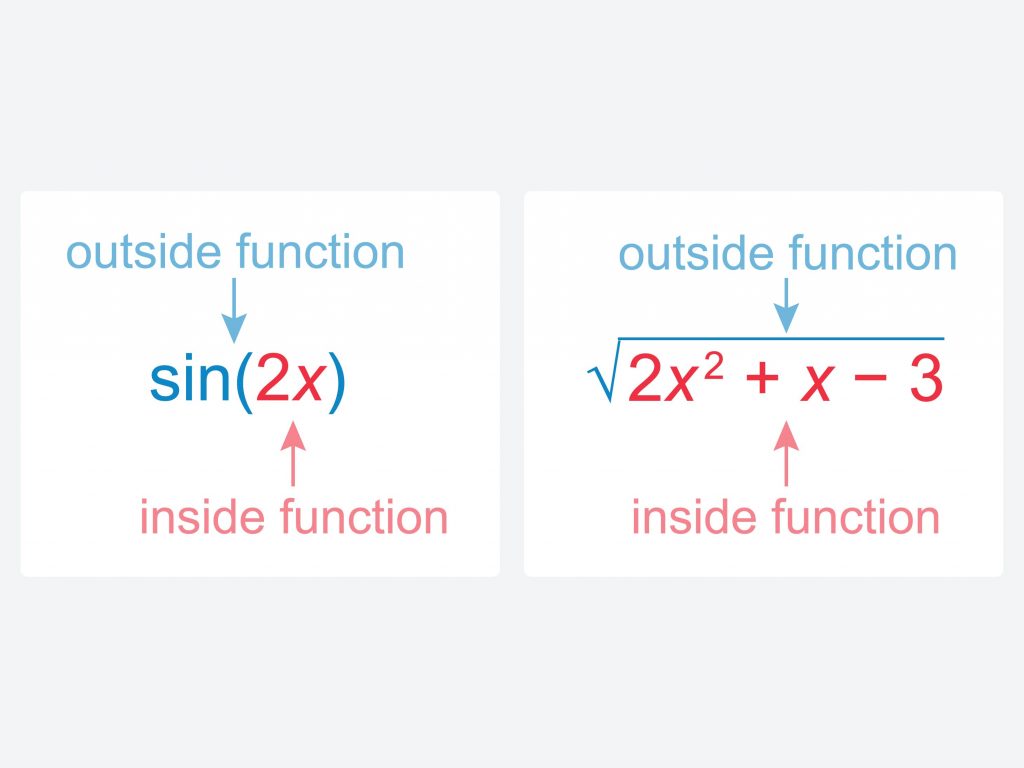Unlock your AP Calculus BC score potential! Use our free, up-to-date calculator—informed by recent exams and official scoring guidelines—to accurately estimate your AP score. Dive deeper into the fascinating world of AI with askmanyai.
Decoding the AP Calculus BC Scoring System
So, you’re tackling AP Calculus BC? Understanding the scoring system is key. The exam has two equally weighted sections: Multiple Choice (MC) and Free Response (FRQ). Your performance in each contributes 50% to your final AP score (1-5). Let’s break it down:
Multiple Choice
Straightforward scoring here. Your raw score is simply the number of correct answers. No penalties for wrong guesses, so it’s always worth taking a shot!
Free Response
Show your work! Each of the six FRQs is scored from 0 to 9, with the sum of these scores forming your FRQ raw score. Clearly explaining your reasoning is important, just like showing your work on a regular math test.
The Curve and Composite Score
Your MC and FRQ raw scores are combined to create a composite score. This composite score is then converted to your final 1-5 AP score using a curve. This curve ensures fairness across different exam years, accounting for variations in difficulty. Although AP score calculators can offer estimates based on past curves, the exact curve for the current year remains unknown until after grading.
Using the AP Calculus BC Score Calculator
Our interactive calculator simplifies score prediction. Input your estimated number of correct MC answers and projected FRQ points, and the calculator will generate your predicted AP score and potential percentile. It’s a handy tool for gauging your progress and fine-tuning your prep strategy.
Interpreting Your Score
What does your AP score actually mean? While colleges have some flexibility, here’s a general guide:
| AP Score | Interpretation | Typical College Credit |
|---|---|---|
| 5 | Extremely Well Qualified | Calculus I & II |
| 4 | Well Qualified | Calculus I or Calculus I & II (varies by institution) |
| 3 | Qualified | Possibly Calculus I (varies by institution) |
| 2 | Possibly Qualified | Typically no credit |
| 1 | No Recommendation | No credit |
Important Note: Always verify credit policies with your target colleges, as they can vary.
What’s a Good Score? 2022 and Beyond
A 3, 4, or 5 is generally considered a good score. In 2022, 41.2% of students achieved a 5, 15.6% earned a 4, and 20.1% received a 3. While these percentages fluctuate, they provide helpful context. Scoring a 4 or 5 often translates into college credit, potentially allowing you to bypass introductory calculus. This can save you time and money, letting you explore more advanced courses.
Strategies for Success
Effective preparation is crucial. While the calculator provides a helpful estimate, true success comes from a deep understanding of concepts. Focus on the why behind the formulas, not just memorizing them. Practice consistently with a variety of problems, honing your test-taking skills. A solid understanding combined with strategic practice is your recipe for success.
Frequently Asked Questions (FAQs)
What percentage is needed for a 5 on the AP Calculus BC exam?
Generally, a score between 57-64% of the total points is likely needed for a 5. Some sources suggest aiming for around 64% on AB topics (which make up approximately 71% of the BC exam) and around 42% on BC-specific topics (roughly 29% of the exam). Remember, these are estimates, and the actual percentage may vary depending on the exam’s difficulty.
How is the AP Calculus BC score calculated?
Your final AP score is derived from a combination of your Multiple-Choice and Free-Response scores, each contributing 50%. Raw scores are converted to the scaled 1-5 score using a curve determined by the College Board after the exams are graded. You also receive a separate AB subscore, reflecting your performance on Calculus AB topics covered in the BC exam.
Is a 4 a good AP Calculus BC score?
Yes, a 4 is a very good score! It signifies that you are “well-qualified” and often earns college credit, allowing you to potentially skip Calculus I and sometimes even Calculus II. It also strengthens your college applications, demonstrating strong academic capabilities. However, always check the specific AP credit policies of your target colleges.
Beyond the Numbers
While your AP score is important, the true value lies in the knowledge and skills you gain. Mastering calculus opens doors to numerous academic and career paths. Keep learning, keep exploring, and keep pushing your boundaries! Ongoing research continues to refine our understanding of effective learning strategies, so stay curious and keep seeking new ways to improve your understanding!
- Analyzing the secrets behind the fluctuations in the exchange rate between Bitcoin and the US dollar - May 22, 2025
- Master CoS Map: Recoded World Guide - May 22, 2025
- Master the Law of the Universe: A Practical Guide - May 22, 2025










